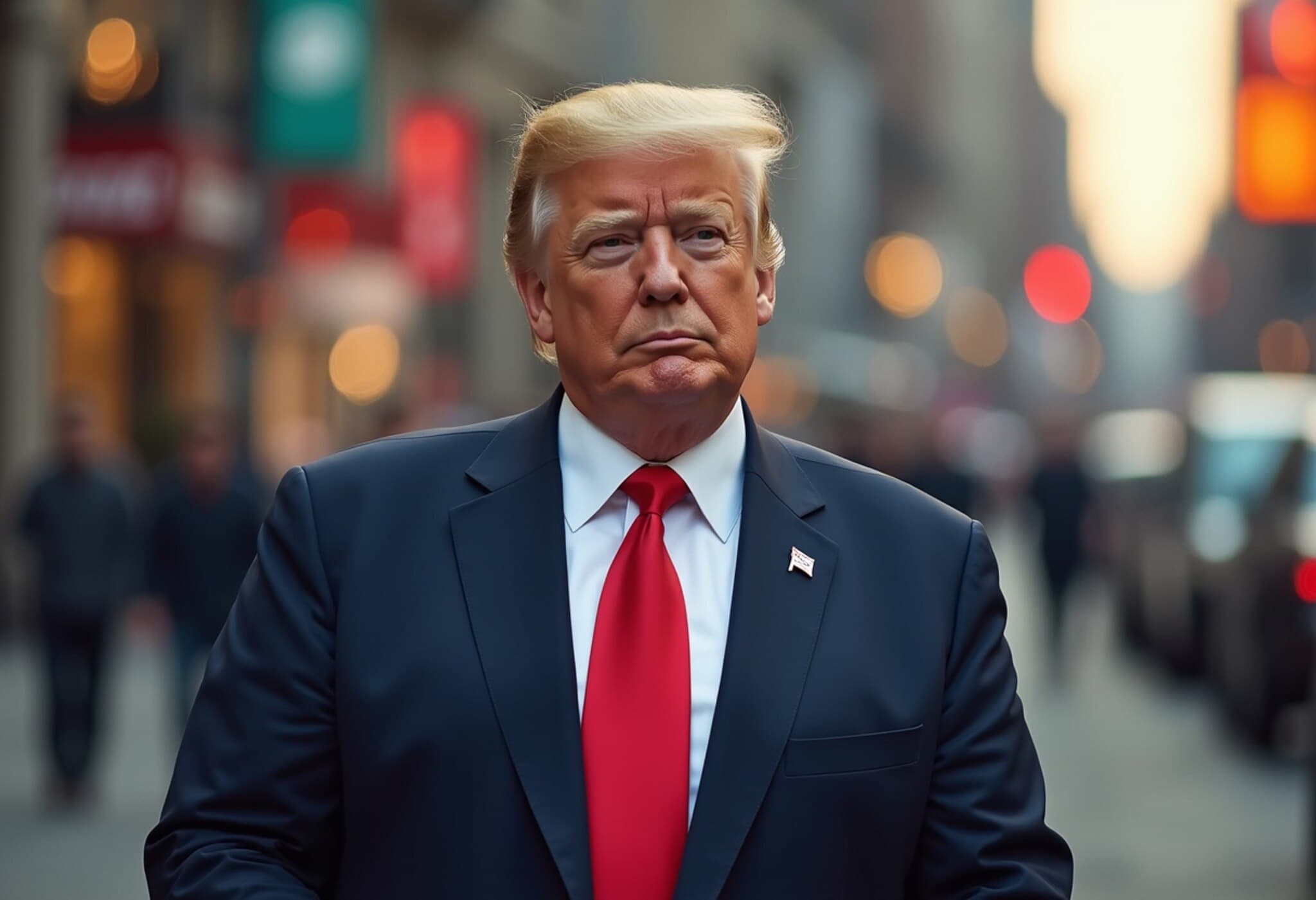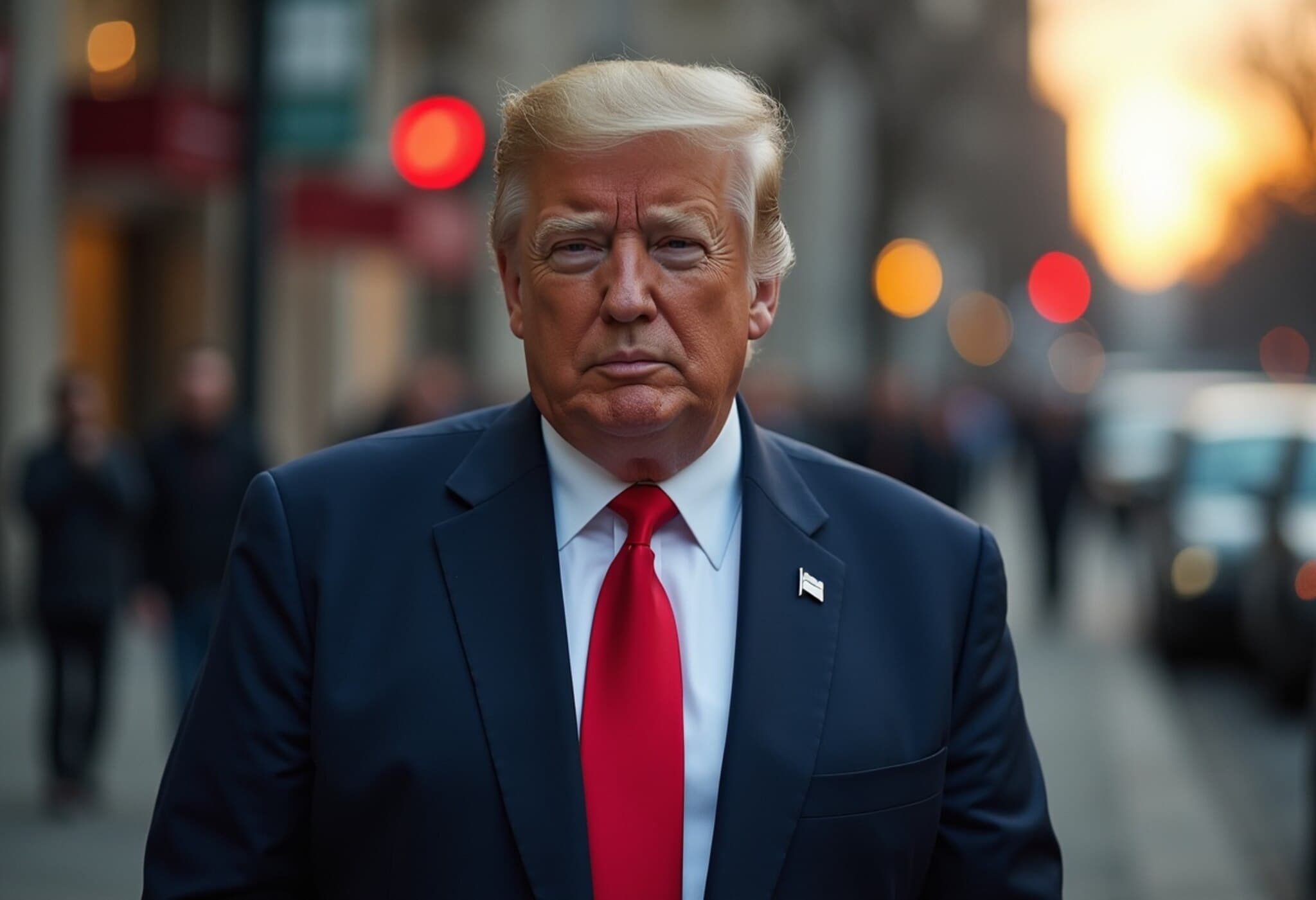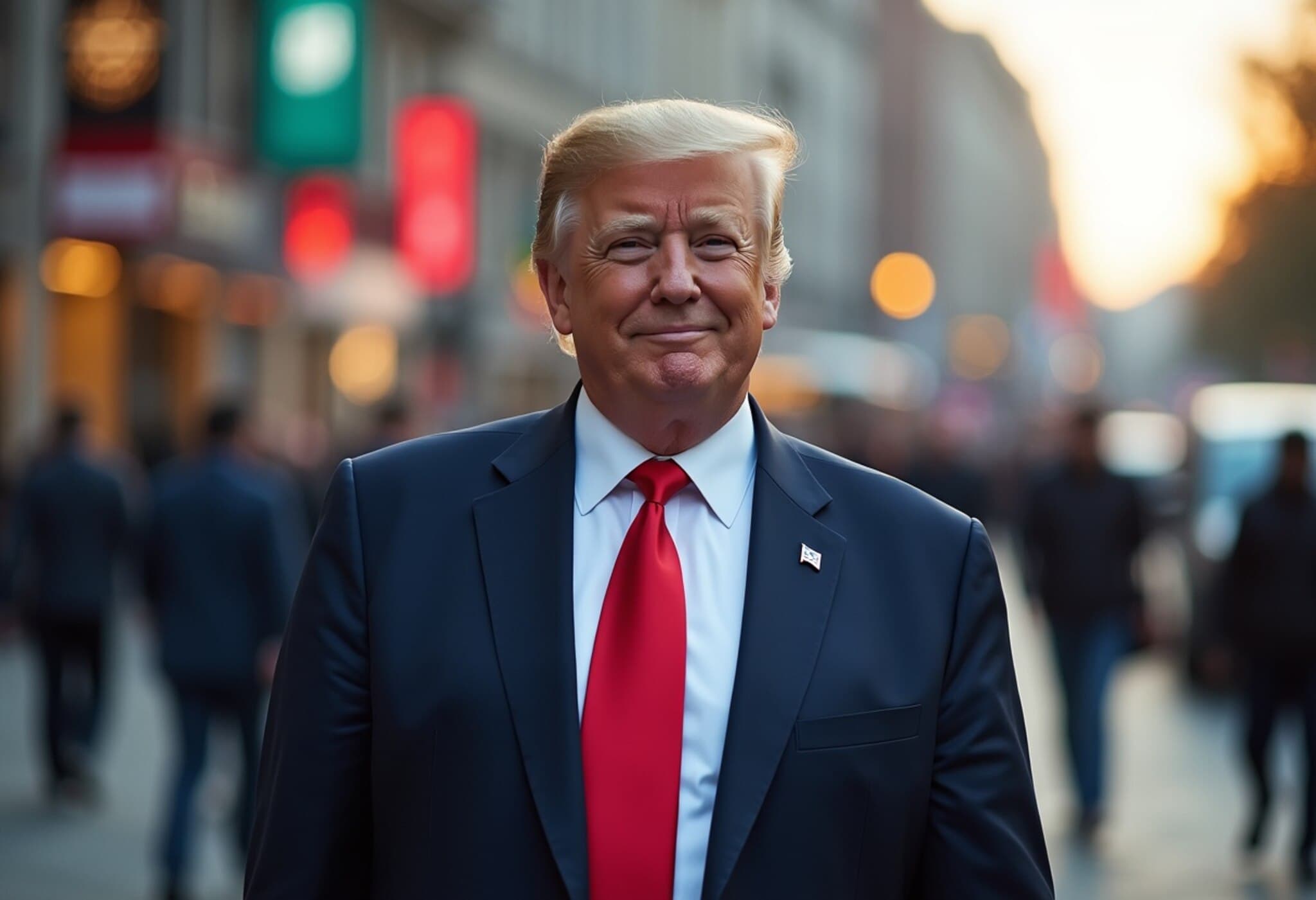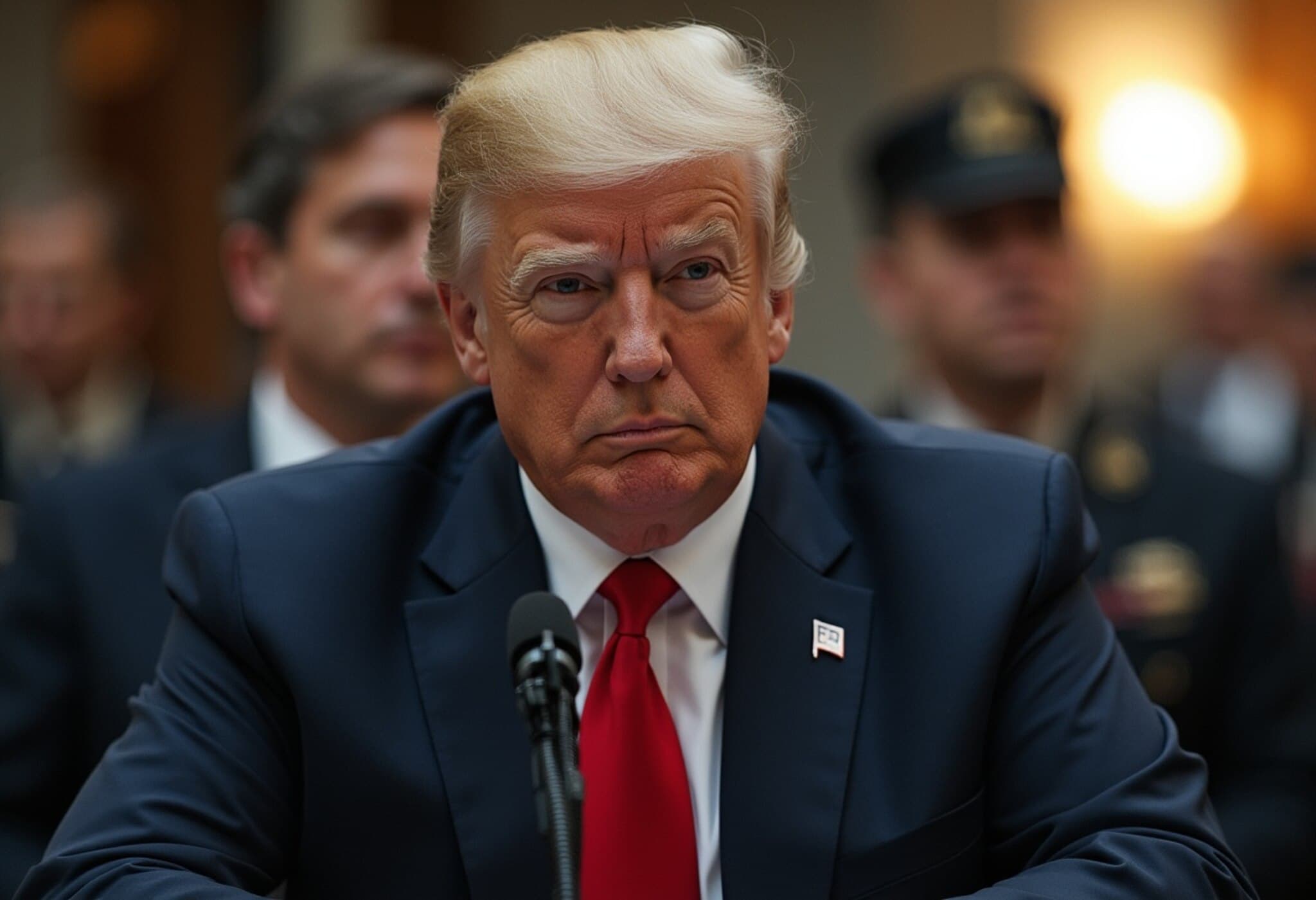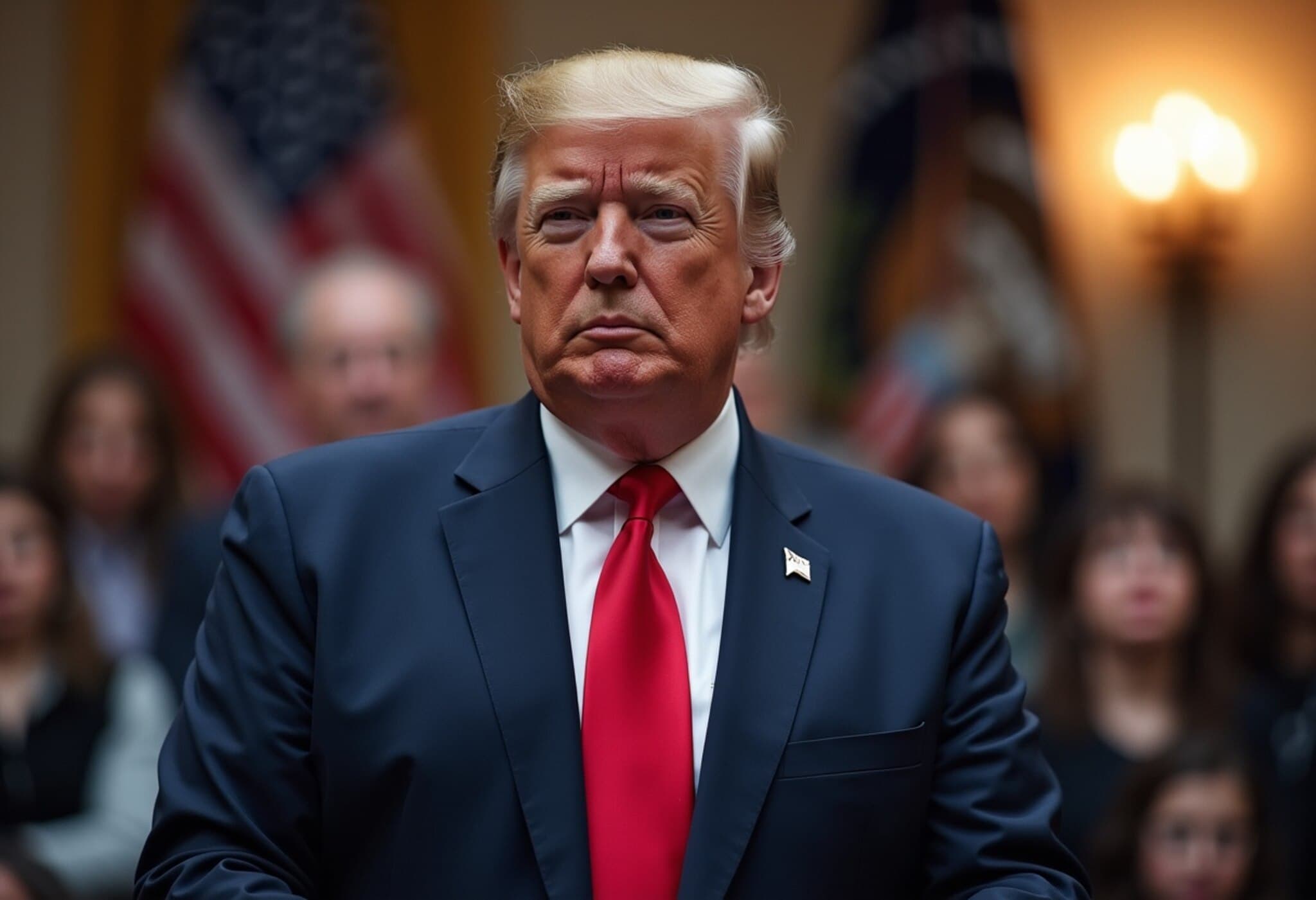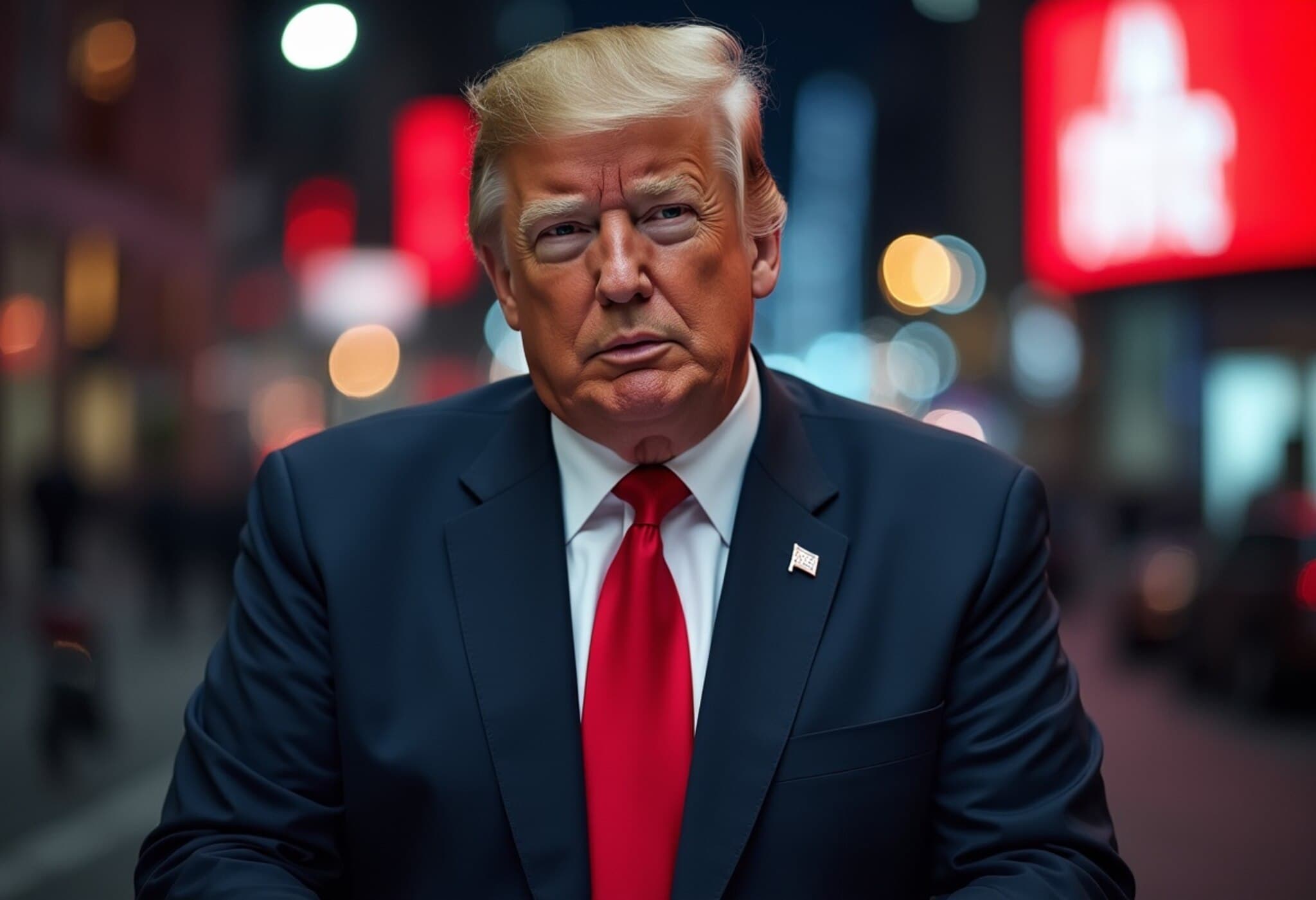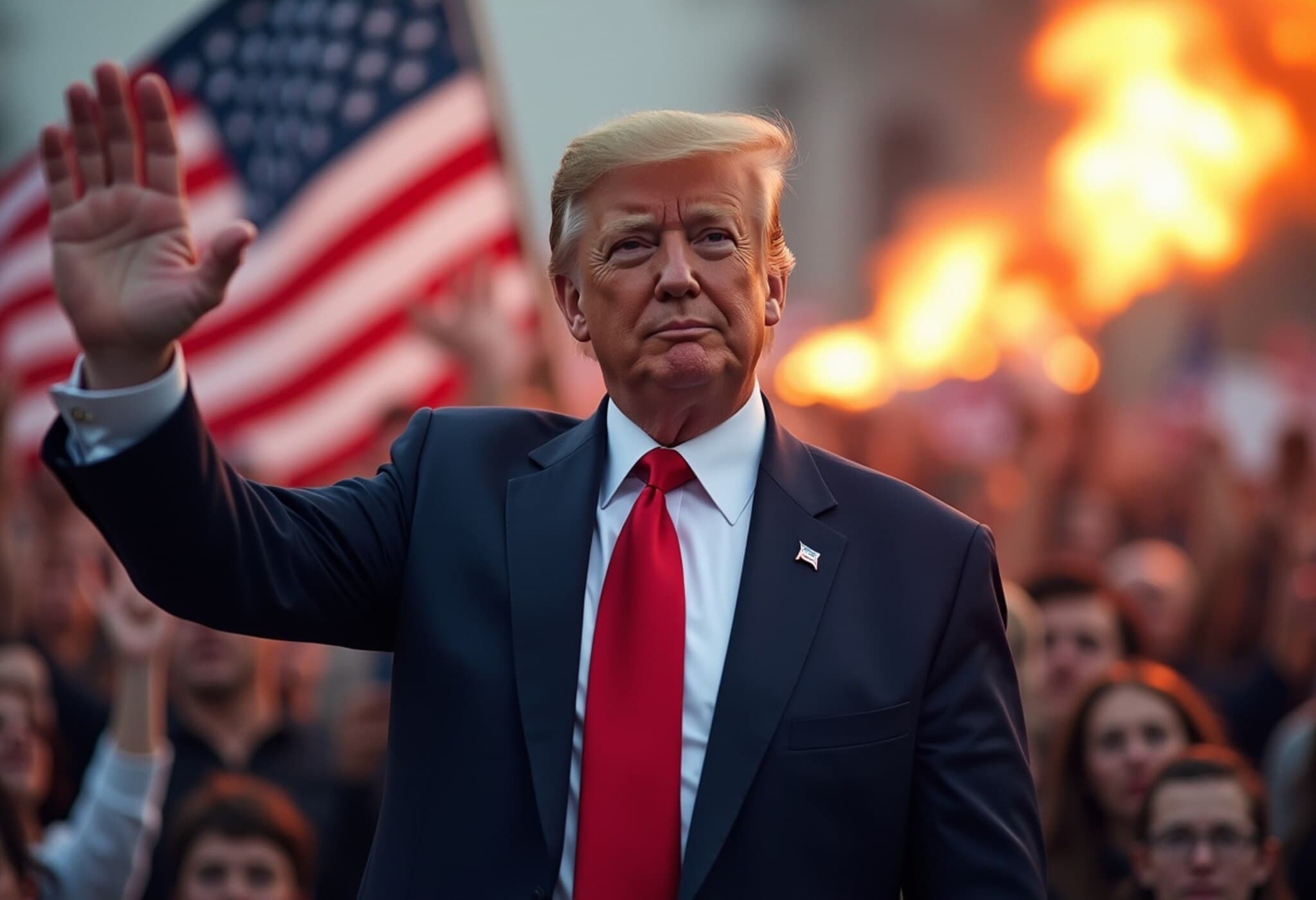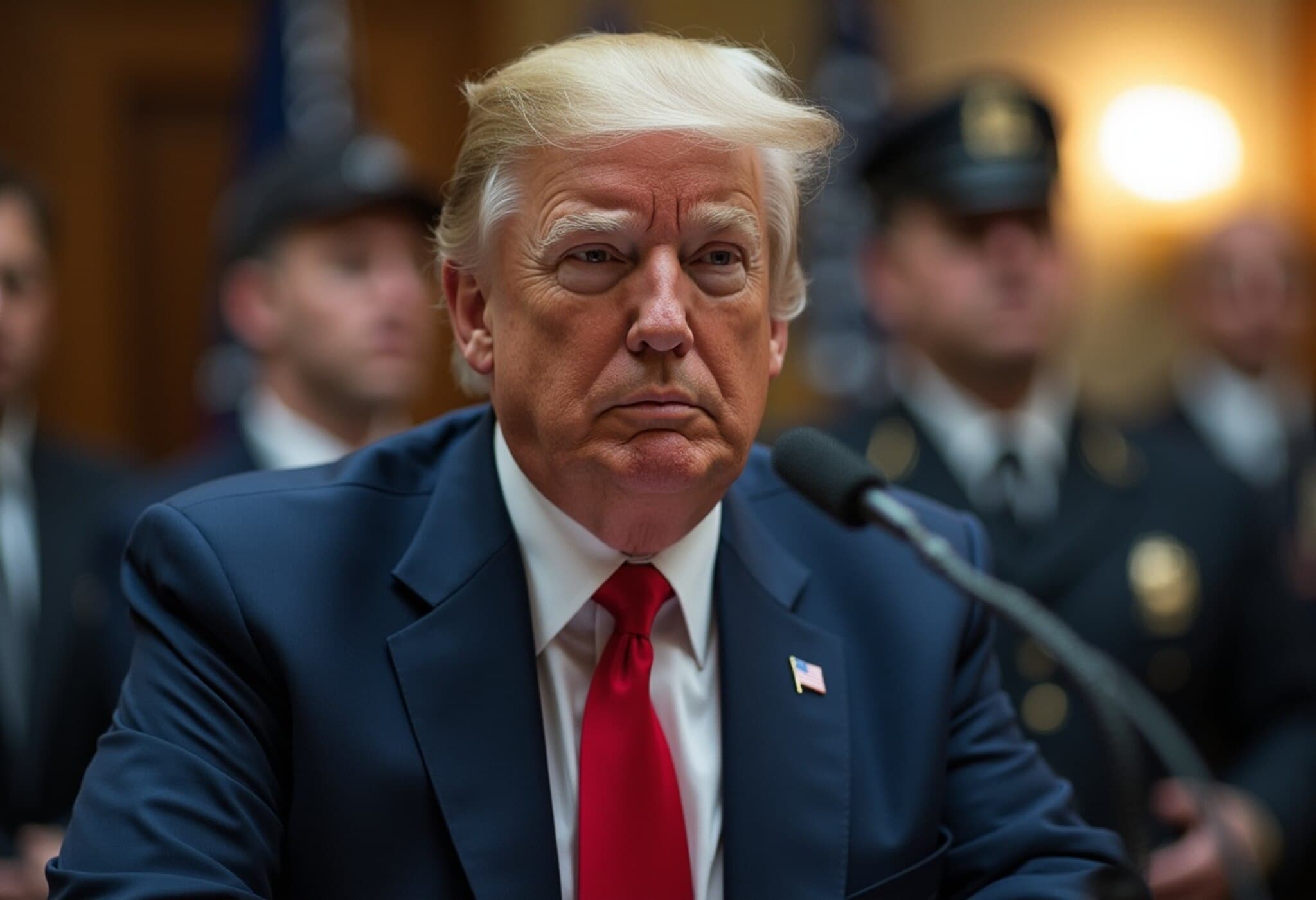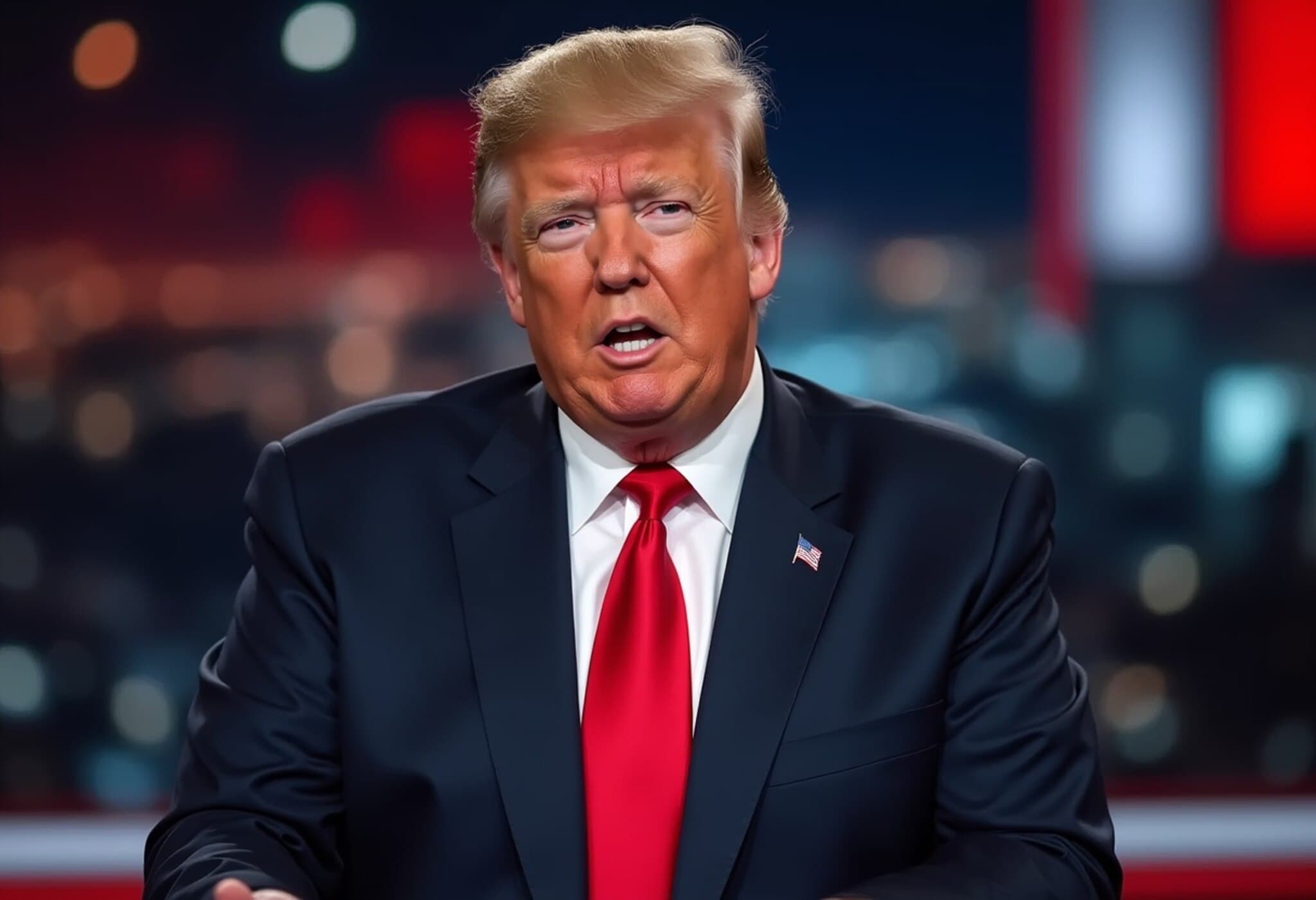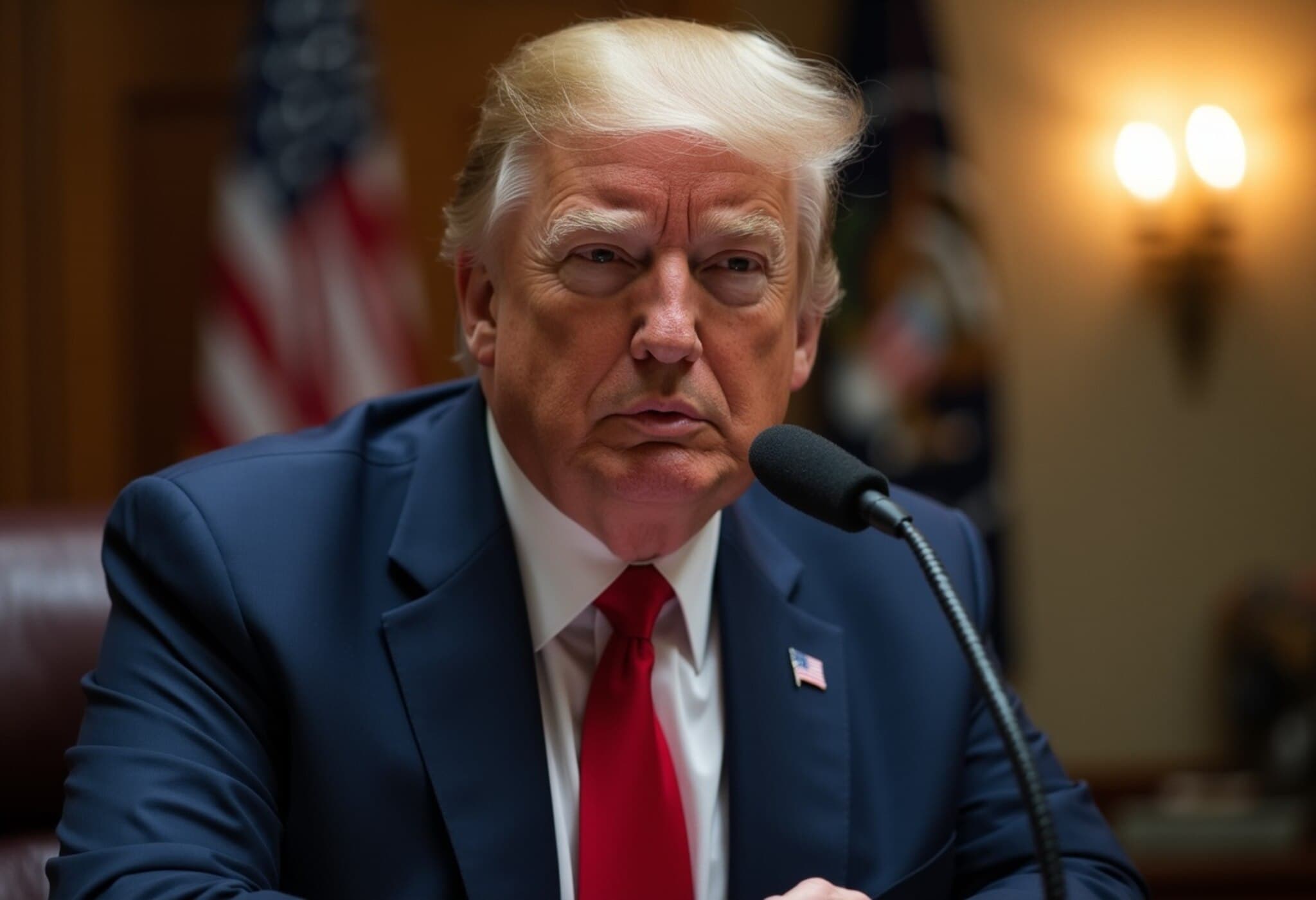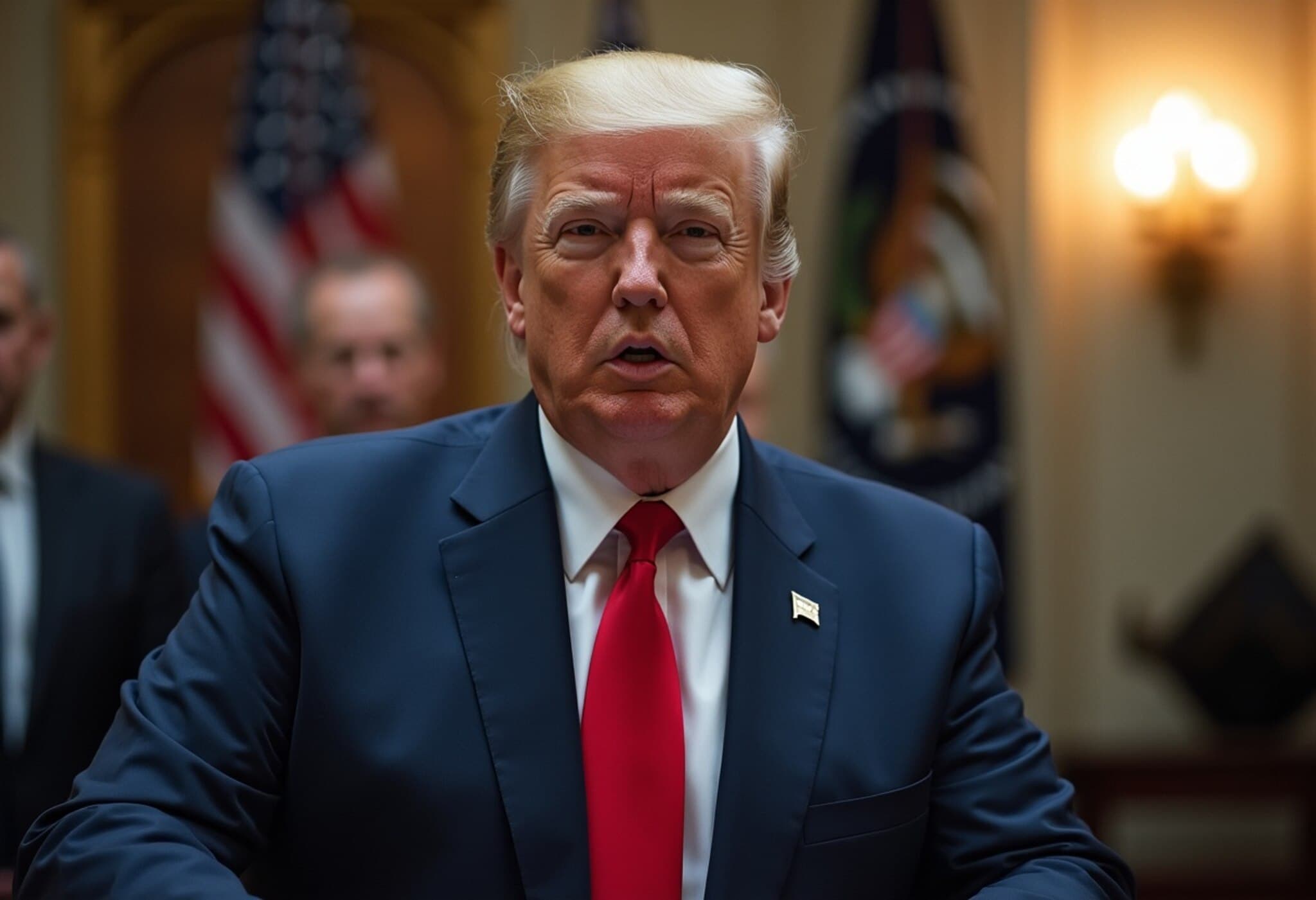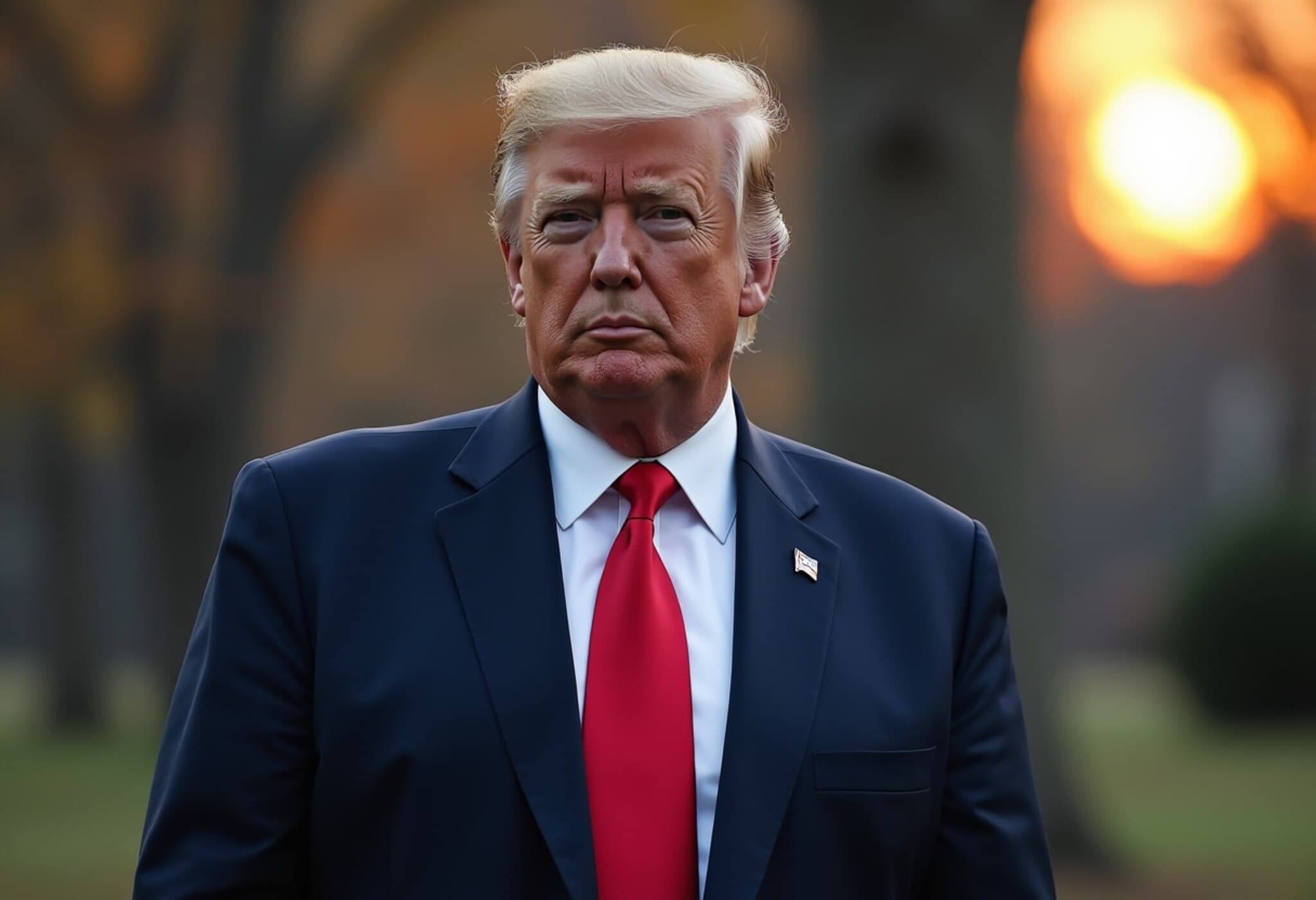Media and Tech Firms’ Deference to Trump Sparks Satirical Backlash
In today’s turbulent media landscape, a striking trend has emerged: major media and technology companies appear to be increasingly accommodating former President Donald Trump’s demands and legal pressures. Yet, amid this climate of cautious compliance, a vibrant counter-narrative thrives among satirists who unflinchingly expose the reality behind Trump’s towering persona — or rather, his diminutive stature, both figuratively and literally.
Trump’s Legal Triumphs and Corporate Capitulation
Earlier this year, CBS agreed to a staggering $16 million settlement with Trump over a defamation lawsuit tied to comments on 60 Minutes. This move came just as CBS sought regulatory approval for its merger with Skydance, feeding rampant speculation that the settlement was less about justice and more a calculated bribe to curry favor with the sitting administration. As comedian Stephen Colbert quipped, “This kind of complicated financial settlement with a sitting government official has a technical name in legal circles: it’s a big, fat bribe.”
Shortly after, CBS abruptly canceled Colbert’s top-rated late-night show, officially citing financial reasons. However, the timing — directly following Colbert’s savage critique of CBS’s Trump appeasement — sent shockwaves through the media industry. Was this genuine fiscal prudence or an act of censorship to silence a prominent critic? Trump himself reveled in the news, publicly celebrating Colbert’s firing and ominously hinting other late-night hosts might be next.
Satire: The Last Bastion Against Power’s Overreach
While mainstream outlets tone down criticism, satirists continue wielding humor as a powerful weapon to pierce political facades. South Park creators Trey Parker and Matt Stone, fresh off a $1.25 billion deal with Paramount, didn’t hold back in their 27th season premiere, titled “Sermon on the ’Mount.” Their episode featured an unflattering “teeny-tiny” portrayal of Trump, depicting him in absurd scenarios that simultaneously mocked his ongoing legal battles, self-serving lawsuits, and attempts to manipulate public perception.
Notably, the episode included a biting AI deepfake sequence — a rotund, naked Trump wandering the desert in a Christ-like pose — a direct commentary on the coincidental timing with the White House’s own lackluster AI policy announcements regarding deepfake technologies. This fearless satire serves as a reminder that, despite growing corporate caution, comedians and artists remain committed to holding power to account.
Historical Echoes: The Role and Risks of Satirists
The dynamic between authority and satire is long-standing. Historically, rulers often tolerated jesters only insofar as their wit didn’t threaten established power — and sometimes, the punishment was severe. British dramaturge Drew Lichtenberg highlights that in Elizabethan England, traveling actors were branded as vagabonds unless protected by the aristocracy, a censorship tactic echoing modern attempts to silence dissent in media and arts.
Maureen Dowd recounts a telling episode from the early 2000s involving political cartoonist Pat Oliphant’s provocative depictions of President George W. Bush — from bug-like to monkey-like representations accompanied by haunting imagery of the White House. This anecdote underscores satire's unyielding role in confronting political hubris and hypocrisy, lessons as relevant today as ever.
The Broader Cultural and Political Implications
- Media Trust and Corporate Integrity: As major networks and tech companies capitulate to political pressures, questions arise about their commitment to truthful reporting and independence.
- Legal Precedents and Free Speech: Trump's series of lawsuits and settlements may set troubling precedents for chilling free expression, especially criticism rooted in satire or investigative journalism.
- Satire’s Enduring Power: Despite these challenges, comedic and artistic voices continue to expose uncomfortable truths in innovative ways, including through platforms like South Park that appeal across ideological divides.
Editor’s Note
In an era where media giants appear increasingly wary of confrontations with political power, the courage of satirists offers a vital counterbalance. Their fearless humor not only entertains but also provokes essential reflection about the dynamics of power, truth, and accountability. As corporate entities make calculated compromises, the real question becomes: will audiences continue to find and support platforms where free speech thrives unfiltered? And how will the expanding influence of AI and legal constraints shape this delicate balance in the years to come?
Maureen Dowd is a seasoned New York Times columnist known for her incisive political commentary and deep engagement with media ethics and culture.

